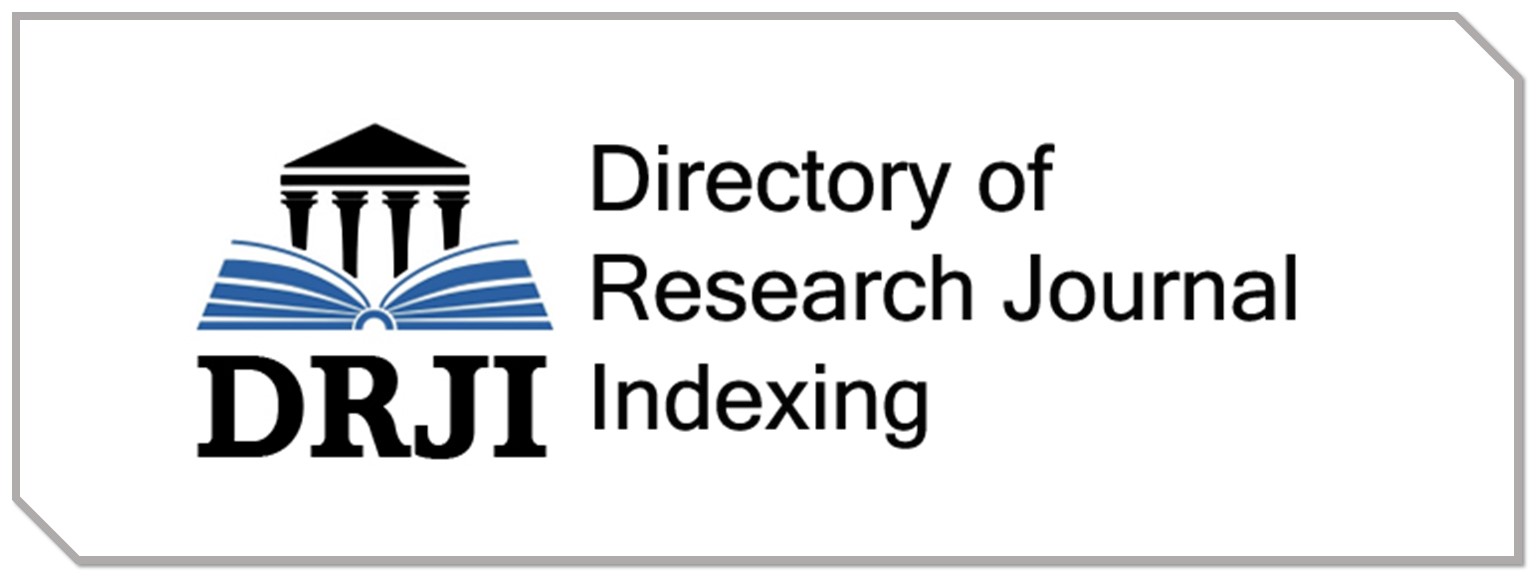The Transformation of Elderly Roles in Migrant Families: Tradition, Change, and Adaptation
Keywords:
MigrationAbstract
Migration has become a defining feature of contemporary global society, fundamentally altering family structures and intergenerational relationships. Among the many affected are the elderly, who traditionally played key roles within the family as cultural custodians and caregivers. This article explores how these roles have changed for elderly family members in migrant families, focusing on the shifts from tradition to adaptation. Drawing on the experiences of elderly migrants and those left behind, the study provides insights into the evolving responsibilities, power dynamics, and coping mechanisms in transnational families. The findings underscore the resilience of elderly individuals in maintaining familial connections and cultural values despite physical distance and shifting roles.










